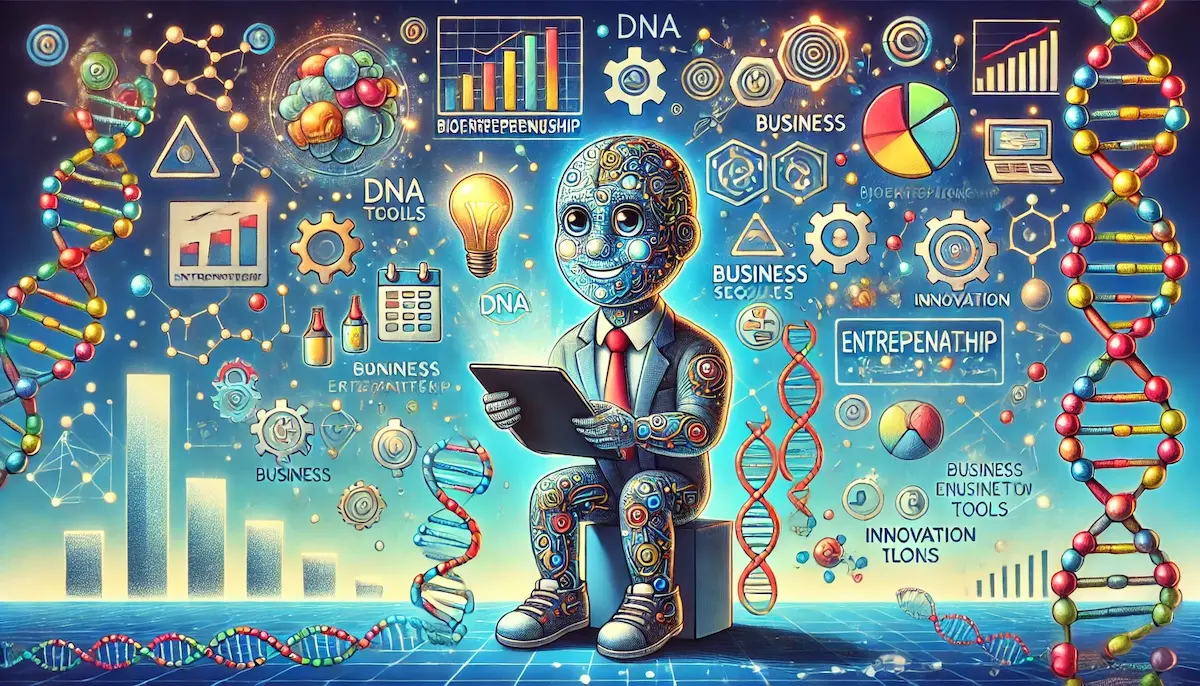Bioentrepreneurship refers to the process of creating, developing, and managing businesses in the biotechnology and life sciences sectors. It involves translating scientific discoveries into commercial products or services that address real-world challenges, such as developing new drugs, medical devices, diagnostic tools, or agricultural innovations. Bioentrepreneurs are individuals who combine expertise in biology or related fields with business acumen to drive innovation and bring scientific breakthroughs to market.
Origins and Importance
The concept of bioentrepreneurship emerged as advances in biotechnology and life sciences began to offer significant potential for commercialization. The rapid development of genetic engineering, molecular biology, and other biotechnologies in the late 20th century created new opportunities for scientists to turn their research into viable businesses. This trend has only accelerated with the growth of personalized medicine, regenerative medicine, and digital health technologies.
Bioentrepreneurship is important because it serves as a bridge between scientific research and real-world applications. By fostering innovation and commercialization, bioentrepreneurship plays a crucial role in addressing global challenges such as healthcare, food security, and environmental sustainability. It also drives economic growth by creating new industries, jobs, and investment opportunities.
Key Characteristics
- Scientific Innovation: At the core of bioentrepreneurship is the development of innovative products or services based on scientific research and technological advances in the life sciences.
- Interdisciplinary Collaboration: Bioentrepreneurs often work at the intersection of biology, chemistry, engineering, and business. Success in bioentrepreneurship requires collaboration between scientists, engineers, clinicians, and business professionals.
- Commercialization Focus: The primary goal of bioentrepreneurship is to bring scientific discoveries to market. This involves navigating the complexities of product development, regulatory approval, manufacturing, and market entry.
- High Risk and High Reward: Bioentrepreneurship is characterized by significant risks due to the high cost and long timelines of research and development (R&D), regulatory hurdles, and market competition. However, successful ventures can yield substantial financial returns and societal impact.
- Regulatory and Ethical Considerations: Bioentrepreneurs must navigate a complex landscape of regulations and ethical issues related to human health, environmental impact, and bioethics. Compliance with regulations such as the FDA, EMA, and other regulatory bodies is critical.
Benefits of Bioentrepreneurship
Bioentrepreneurship offers several significant benefits:
- Advancing Healthcare: Bioentrepreneurs contribute to the development of new therapies, diagnostics, and medical technologies that improve patient outcomes and address unmet medical needs.
- Economic Growth: The biotechnology and life sciences sectors are major drivers of economic growth, creating jobs, attracting investment, and generating revenue.
- Addressing Global Challenges: Bioentrepreneurship plays a key role in tackling global issues such as disease outbreaks, food insecurity, and environmental degradation through innovative solutions.
- Fostering Innovation: Bioentrepreneurship encourages the translation of scientific research into practical applications, driving innovation and technological advancement.
Challenges and Considerations
While bioentrepreneurship offers numerous benefits, there are challenges to consider:
- High R&D Costs: Developing biotechnology products often requires substantial investment in research, clinical trials, and regulatory compliance, with no guarantee of success.
- Regulatory Hurdles: Navigating the complex regulatory environment is challenging and can significantly delay product development and market entry.
- Market Competition: The biotechnology industry is highly competitive, with many companies vying to bring similar products to market.
- Long Development Timelines: The process from initial discovery to commercial product can take years, requiring sustained investment and patience.
- Ethical and Social Issues: Bioentrepreneurs must address ethical concerns related to biotechnology, such as the use of genetic modification, data privacy in health technologies, and the environmental impact of new products.
Conclusion
Bioentrepreneurship is a dynamic and challenging field that combines scientific innovation with business strategy to address some of the most pressing issues facing society today. By translating research into commercial products and services, bioentrepreneurs drive advancements in healthcare, agriculture, and environmental sustainability. Despite the significant challenges, the potential rewards of successful bioentrepreneurship—both in terms of financial returns and societal impact—make it an essential component of the modern innovation landscape.
Blockfine thanks you for reading and hopes you found this article helpful.
